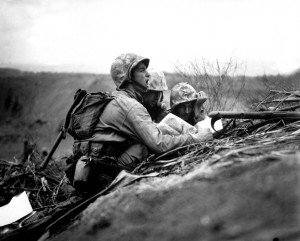The war has defined the world we live in. You are living as a result of a war your ancestors won or survived.
History stands evidence to the role military power has played in establishing civilizations. The rise and fall of empires has largely depended on the strength of military armies.
500 hundred years after Egypt and Mesopotamia took to bronze over stone, warfare gained a new paradigm. It marked the beginning of the development of weapons and sparked tactical innovations. Juvenile it would be to assume that improved weaponry characterised the increase in warfare. Social structures made a profound contribution. Weapons only licensed the impetus to fight. It was the birth of complex societies that sparked the military revolution.
Societies gave legitimacy to social roles and behaviours. Agricultural abilities endowed societies with the ability to cater to basic resources and grow large populations. This empowered them with a new economic base. At the intersection of these abilities, state governing institutions took birth giving stability and permanence to the organisation of social resources. Construction of military structures was thus only the next expected outcome that was fast to gain social legitimacy.
The birth of the state and the social legitimacy of military structures alone, however, did not propel conflict. Religion, the psychological engine that drives the spirit of conquest played its role. Religion gave legitimacy to the military to declare conflict and war soon gained not just legitimacy as a social function but as an indispensable social order of survival.
Warfare thereon assumed a size, a mechanism of sustainability, a certain frequency of occurrence and a legitimate license to kill the man beyond the border.

